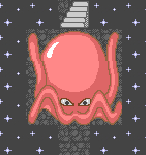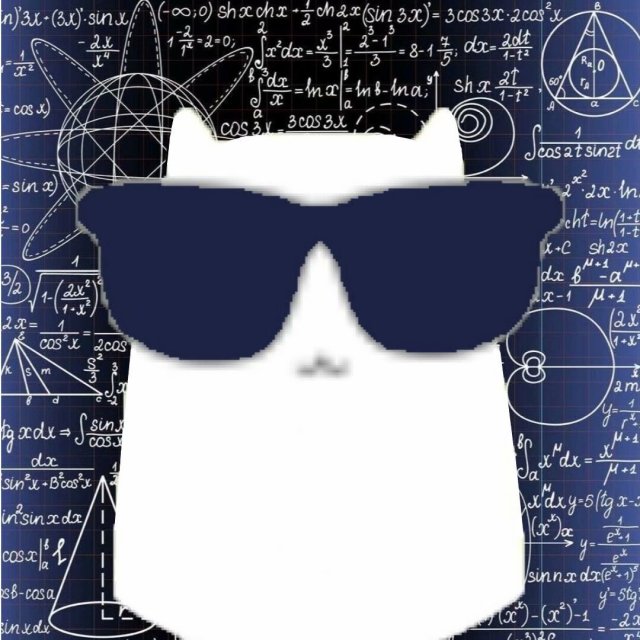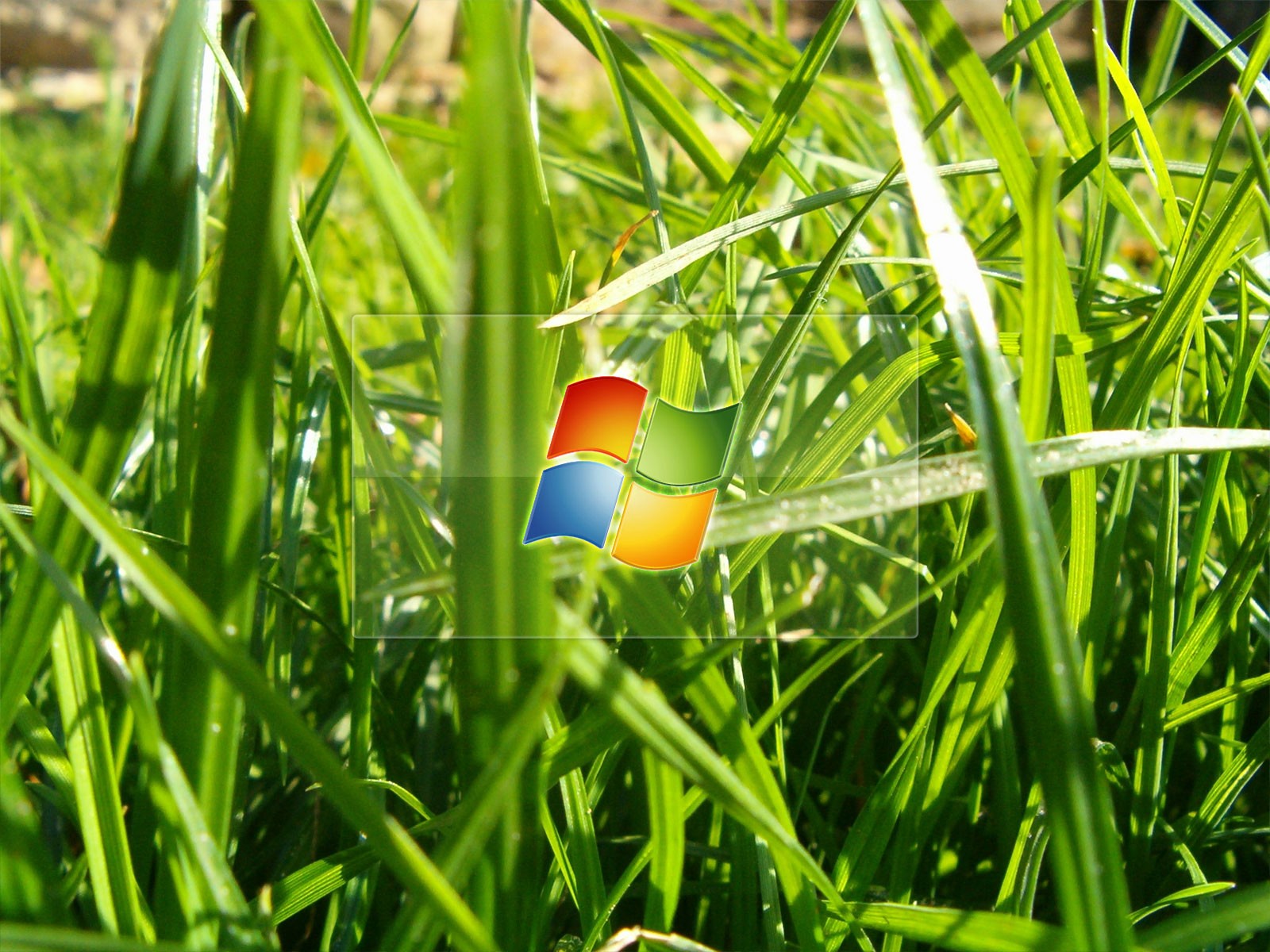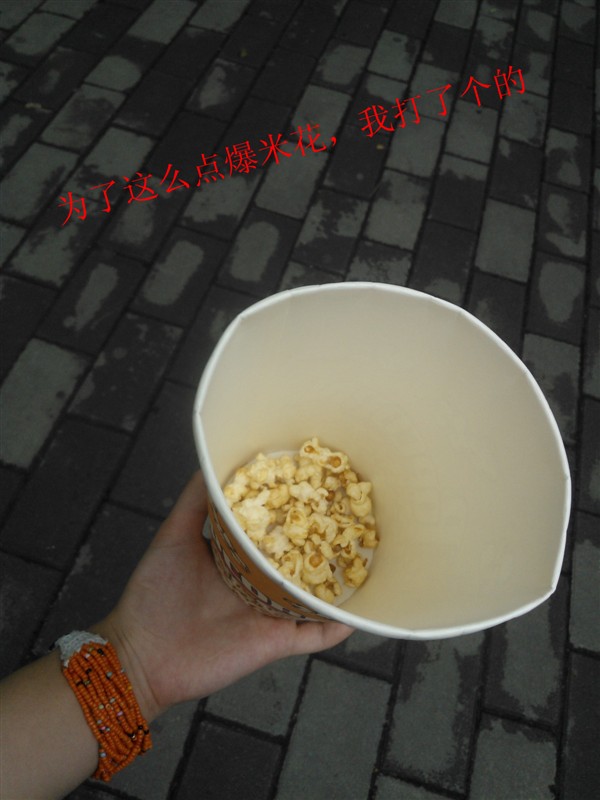 |
1樓
巨大八爪鱼
2014-10-2 17:08

左邊是英語,右邊是八爪語
noun ñouné
verb veŕb
adjective adjecte
adverb tachérb
pronoun referress
preposition bétween

|
 |
2樓
啊啊是谁都对
2014-10-2 18:35

我现在关注的是八爪语的读法
|
 |
3樓
巨大八爪鱼
2014-10-2 20:25

The infinite articles are as follows.
singular, masculine: ono
singular, feminine: ona
plural, masculine: allas
plural, feminine: allés

|
 |
4樓
巨大八爪鱼
2014-10-2 20:28

And here are the definite articles:
singular, masculine: for
singular, feminine: far
plural, masculine: serré
plural, feminine: serró

|
 |
5樓
巨大八爪鱼
2014-10-2 20:33

The following are some of the most common pronouns.
I Nó
We Nostades
You Serre
You-all Sedesa
He Yé
She Yá
There's no word for the English pronoun 'it' because in Octopuese everything has a gender.

|
 |
6樓
巨大八爪鱼
2014-10-2 20:34

We (masculine) Nostades
We (feminine) Nostodes

|
 |
7樓
巨大八爪鱼
2014-10-2 20:41

Male mey adj.
Female fay adj.
Man for mele, serré melets
Woman far fela, serró felats
Masculine meil adj.
Feminine fail adj.

|
 |
8樓
巨大八爪鱼
2014-10-2 20:46

The word 'to be' for the present simple tense:
I am Nó en
We are Nostades tún
You are Serre huse
You-all are Sedesa hase
He is Yé resk
She is Yá rask
This verb describes what something is, instead of how something is.

|
 |
9樓
巨大八爪鱼
2014-10-2 20:48

En ono mele.
I am a man.
Rask allés fela.
She is a woman.

|
 |
10樓
巨大八爪鱼
2014-10-2 20:51

¿En ono mele?
¿En nó ono mele?
Am I a man?
¿Rask allés fela?
¿Rask yá allés fela?
Is she a woman?

|